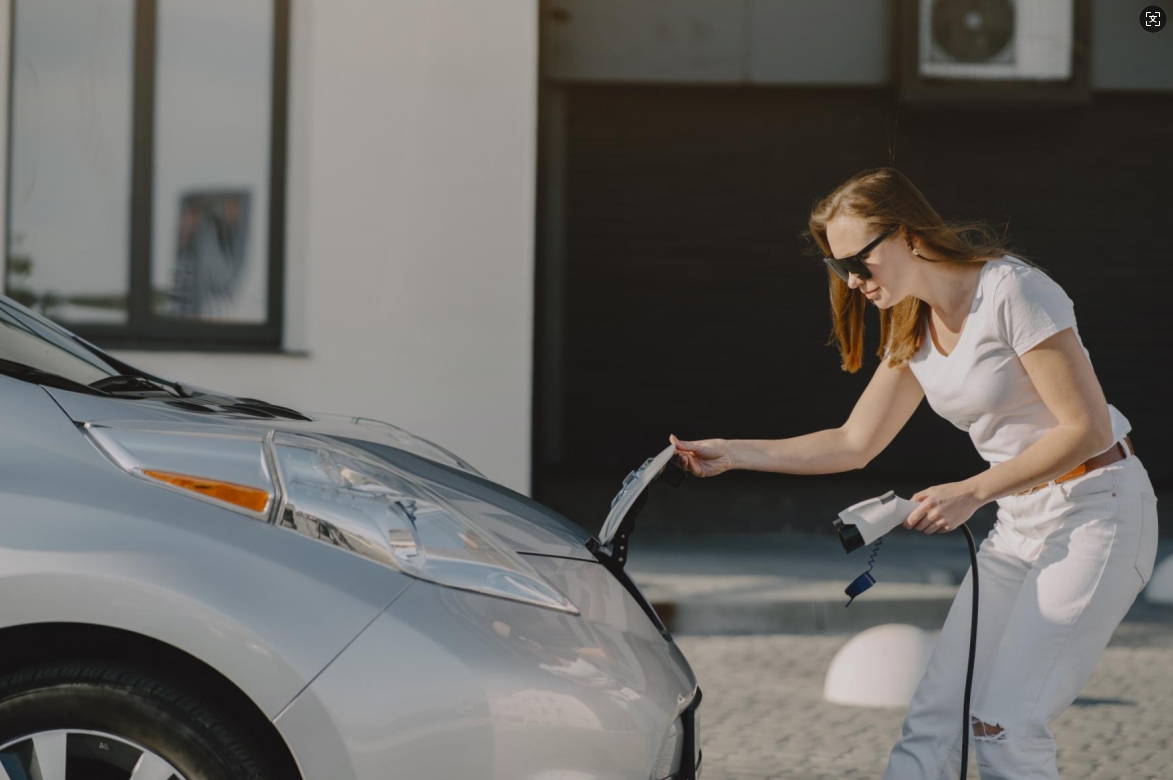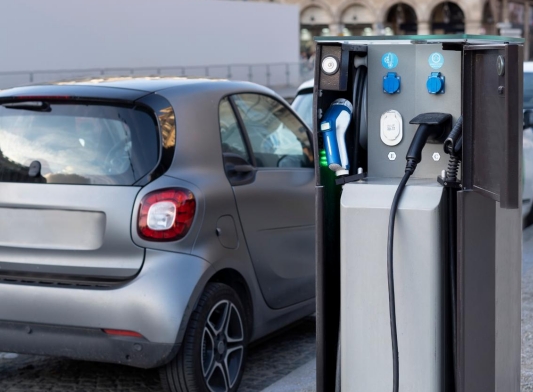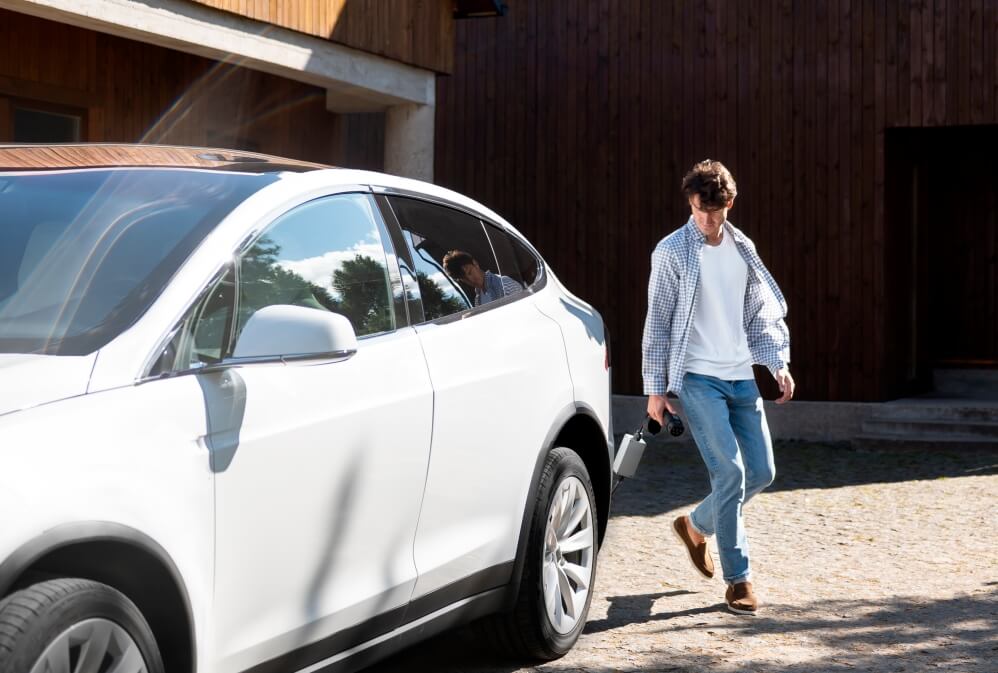Portable EVSE: The Ultimate Guide to Mobile Electric Vehicle Charging
Electric vehicles (EVs) are becoming increasingly popular, but access to charging stations can still be a challenge, especially when traveling or living in areas with limited infrastructure. This is where a portable EVSE (Electric Vehicle Supply Equipment) comes in. Compact, versatile, and user-friendly, portable EV chargers provide a convenient way to power up your EV wherever you have access to an electrical outlet.
1. What Is a Portable EVSE?
A portable EVSE is a lightweight, carry-along charging cable that allows EV owners to plug into standard household or industrial outlets. Unlike fixed wall-mounted chargers, these devices are designed for mobility, making them ideal for:
- Road trips
- Apartments or rentals without dedicated charging
- Emergency backup charging
Most portable EVSEs support Level 1 (120V) and/or Level 2 (240V) charging, with some offering adjustable amperage for optimized power delivery.
2. Key Features of a Portable EV Charger
a) Plug Compatibility
- NEMA 5-15 (120V, 12A) – Standard household outlet (adds ~3-5 miles per hour).
- NEMA 14-50 / 6-50 (240V, 16A-32A) – Faster charging (~10-30 miles per hour).
b) Adjustable Amperage
Some models (like the Tesla Mobile Connector) allow users to switch between different current settings (e.g., 12A, 16A, 32A) to match outlet capacity.
c) Safety & Smart Features
✔ Overcurrent/overvoltage protection
✔ Thermal sensors to prevent overheating
✔ LED status indicators
✔ Auto-shutoff in case of faults
d) Portability
- Compact, lightweight designs (often stored in a travel bag).
- Cable lengths ranging from 15 to 25 feet for flexible parking.
3. Top Portable EVSE Models (2024)
|
Model |
Voltage |
Max Current |
Best For |
|---|---|---|---|
|
Tesla Mobile Connector |
120V/240V |
32A |
Tesla owners (with adapters for NEMA 5-15, 14-50, etc.) |
|
Lectron 32A Portable Charger |
240V |
32A |
Non-Tesla EVs (J1772 plug) |
|
ClipperCreek AmazingE |
120V/240V |
16A |
Budget-friendly, durable charging |
|
JuiceBox 32A Portable |
240V |
32A |
Smart charging with app control |
4. Pros & Cons of Portable EV Chargers
✔ Advantages
- No installation required – Plug into any compatible outlet.
- Travel-friendly – Keep it in your trunk for charging on the go.
- Cost-effective – Cheaper than installing a permanent Level 2 charger.
❌ Limitations
- Slower than fixed chargers – Level 1 (120V) is much slower than dedicated Level 2 stations.
- Dependent on outlet type – Not all locations have 240V plugs.
- Limited smart features (compared to Wi-Fi-enabled wall chargers).
5. Who Should Buy a Portable EVSE?
A portable EV charger is ideal for:
- Frequent travelers need backup charging options.
- Renters or apartment dwellers without home charging setups.
- EV owners who want a flexible, emergency charging solution.
For daily home charging, a fixed Level 2 charger is still more efficient, but a portable EVSE ensures you’re never stranded without power.
Last Updated on May 19, 2025 by tayniu



